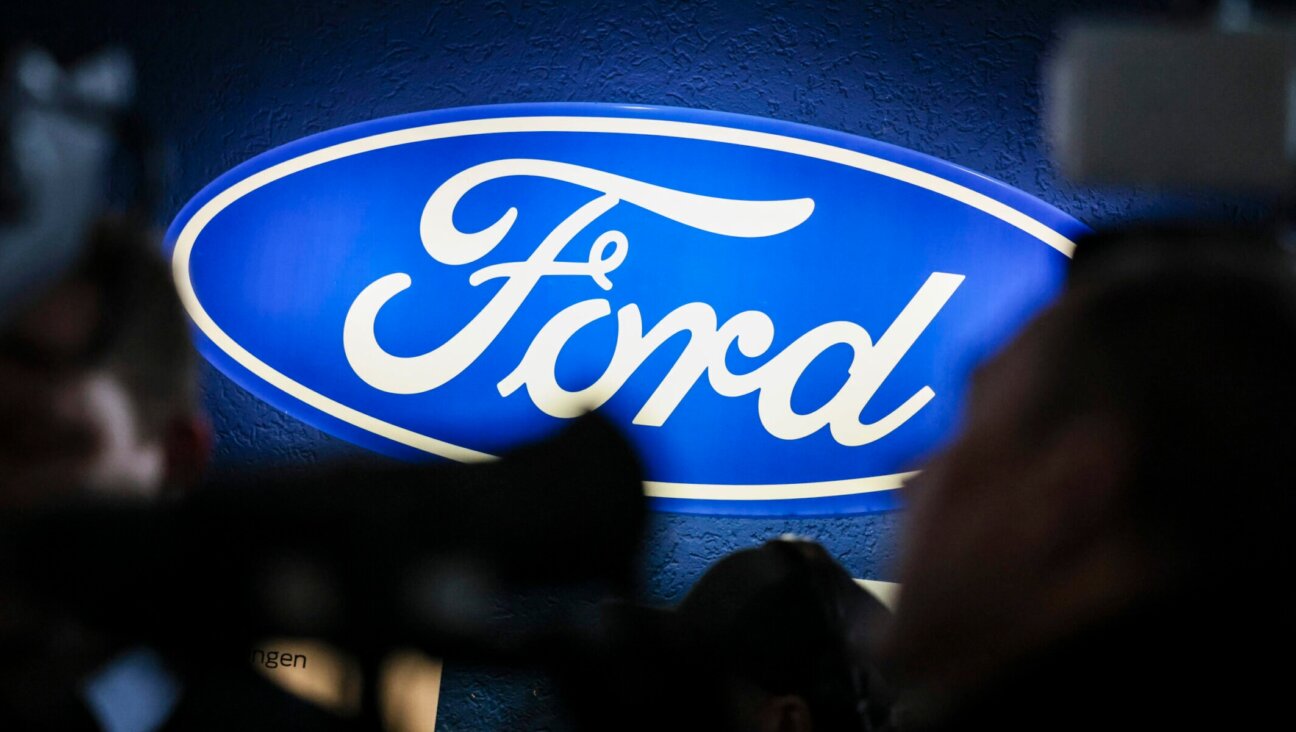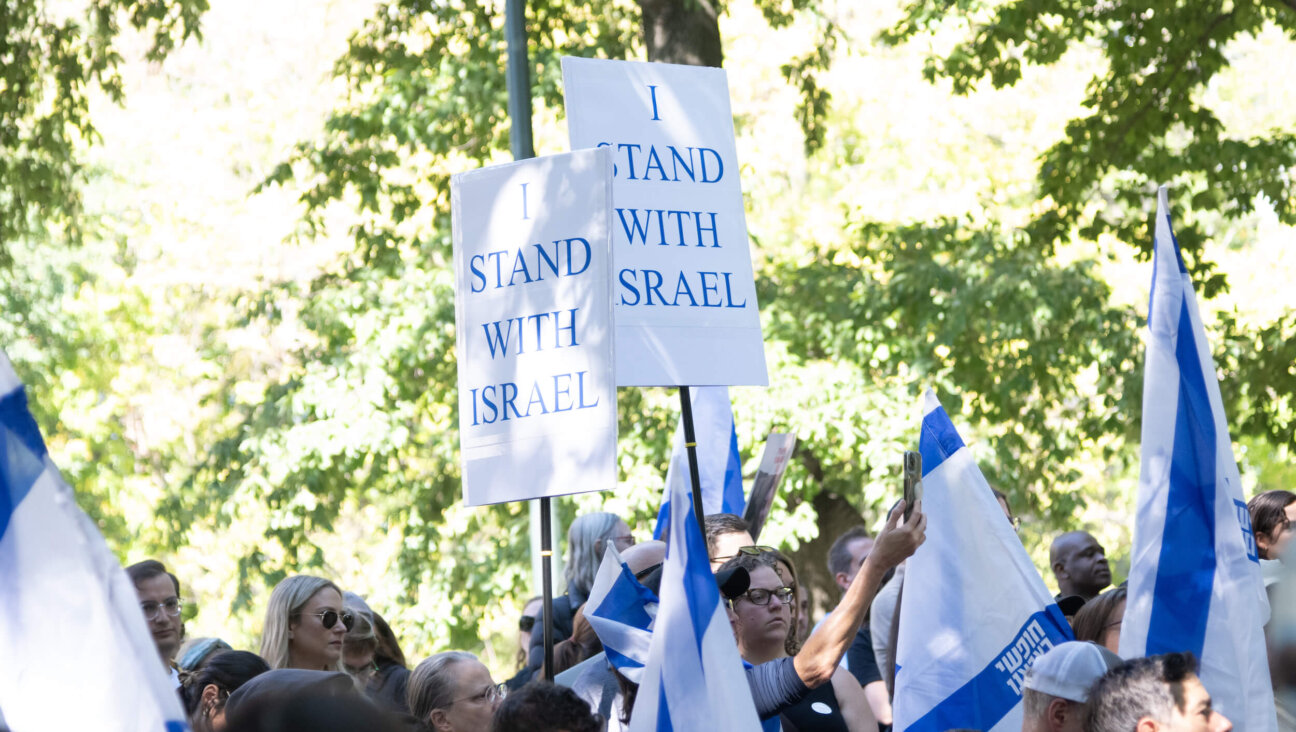Obama Visits Buchenwald
President Barack Obama visited the Buchenwald concentration camp site, calling it “the ultimate rebuke” to Holocaust deniers.
Obama joined German Chancellor Angela Merkel and Elie Wiesel, the Holocaust memoirist who was a Buchenwald inmate, on the tour on Friday, a day after Obama called on the Muslim world to reject Holocaust denial.
“To this day, there are those who insist that the Holocaust never happened,” Obama said at a news conference at the gates of the camp. Such statements are “ignorant, baseless and hateful.”
For more than an hour, Obama and Merkel walked the grounds of Buchenwald. Out of sight of cameras, they entered the crematorium building where camp victims were turned to ash. They placed white roses, a symbol of German resistance, at several sites.
Obama said he had wanted to visit this particular camp because his great-uncle, Charles Payne, was among the U.S. soldiers in Infantry Division 89 who liberated the Buchenwald sub-camp of Ohrdruf in early April 1945. Ohrdruf was the first camp liberated by American soldiers. The gruesome sights of burned victims haunted his uncle for a long time, Obama said.
“It is understandable that someone who witnessed what had taken place here would be in a state of shock,” he said.
Wiesel, a Nobel Peace laureate whose father died at Buchenwald, said, “Memory must bring people together rather than set them apart.”
After visiting Germany, Obama was scheduled to fly to France and take part in ceremonies marking the 65th anniversary of the Allied invasion of Normandy.
In an interview with NBC, Obama expressed frustration with Iranian President Mahmoud Ahmadinejad, who questions the story of the Holocaust.
“He should make his own visit,” Obama said in Germany. “I have no patience for people who would deny history. And the history of the Holocaust is not something speculative.”
Should he visit Germany, Ahmadinejad could face arrest as a Holocaust denier.
A message from our Publisher & CEO Rachel Fishman Feddersen

I hope you appreciated this article. Before you go, I’d like to ask you to please support the Forward’s award-winning, nonprofit journalism so that we can be prepared for whatever news 2025 brings.
At a time when other newsrooms are closing or cutting back, the Forward has removed its paywall and invested additional resources to report on the ground from Israel and around the U.S. on the impact of the war, rising antisemitism and polarized discourse.
Readers like you make it all possible. Support our work by becoming a Forward Member and connect with our journalism and your community.
— Rachel Fishman Feddersen, Publisher and CEO























